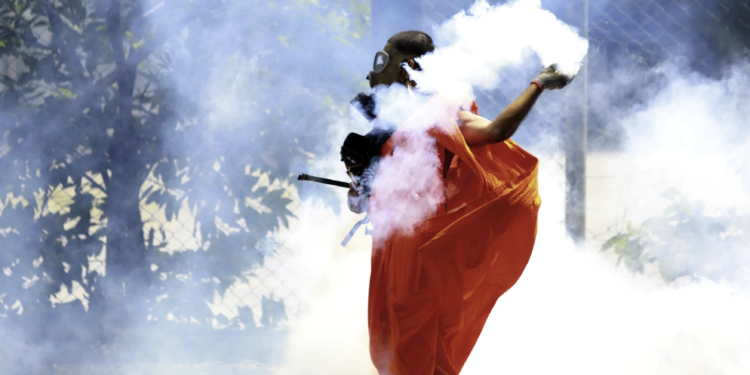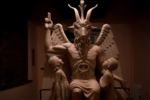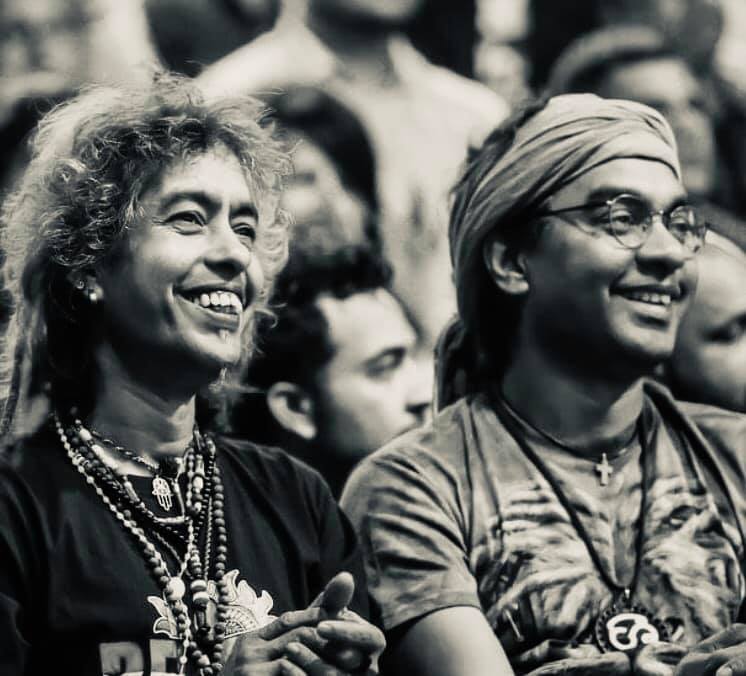Sri Lanka’s weaponization of Buddhism to promote a certain political agenda

Theravada Buddhism, the largest and official religion of Sri Lanka, has profoundly shaped the nation’s cultural and political landscape. As of 2012, approximately 70.2% of Sri Lankans practice this form of Buddhism, which has been intertwined with the island’s culture for centuries. This deep-rooted tradition is evident in practices such as the ordination of young boys as novice monks—a rite aimed at cultivating discipline, self-control, and religious values in the younger generation. However, the relationship between Buddhism and politics in Sri Lanka has evolved significantly, with notable implications for both spiritual life and governance. Historically, Buddhist monks have served as spiritual and practical advisers to Sri Lankan rulers, dating back to the country’s ancient kings. This tradition continued through the colonial period and beyond, shaping the modern political landscape in complex ways.
In recent decades, the role of monks in politics has become increasingly prominent and controversial. Monks have been visibly involved in political protests, particularly in response to the country’s economic struggles. Their involvement extends beyond demonstrations, with some monks holding parliamentary seats and participating in political parties. A particularly contentious figure was Galagoda Atte Gnanasara, once whose appointment to a presidential task force for legal reforms sparked criticism due to his outspoken anti-Muslim views. The growing political involvement of monks has led to a shift in public perception. While monks were once revered primarily as spiritual leaders, their engagement in politics has diminished their respectability for some. Critics argue that monks have become too entangled in political affairs, contributing to the maintenance of political elites and the perpetuation of violence and ethnic strife. The rise of Sinhala Buddhist nationalism, which emphasizes the primacy of Buddhism in Sri Lankan identity and politics, has further complicated this relationship. This nationalist movement can be traced back to Anagarika Dharmapala, a 19th-century monk known for his anti-imperialist and nationalist rhetoric. His influence led to the 1956 Sinhala Only Act and the 1972 constitution, which enshrined Buddhism’s privileged status in Sri Lankan society.
Recent years have seen a resurgence of the racist and violent rhetoric associated with early nationalist movements. Hard-line monks with ties to political figures such as the Rajapaksas have incited violence and racism among their followers, exacerbating the country’s social tensions. Despite these issues, the Buddhist community continues to play a crucial role in providing aid amid the country’s economic difficulties. Monks engage in almsgiving , which is a key practice in Theravada Buddhism. Lay Buddhists, despite facing their own economic hardships, continue to support monks with food and other necessities, reflecting a deep-seated faith and commitment to the monastic community. In the current political climate, many young, predominantly Buddhist protesters have welcomed the involvement of monks in the uprising, provided it is limited and focused on constructive roles. There is a strong sentiment that monks should use their position not to amass political power but to help lay people navigate the political system, particularly during elections when promises from leaders can obscure underlying corruption. The evolving role of Theravada Buddhism in Sri Lankan politics highlights a complex interplay between spirituality and governance. As the country faces ongoing economic and social challenges, the balance between religious tradition and political involvement remains a critical issue, influencing both the perception of monks and the future direction of Sri Lankan society.







